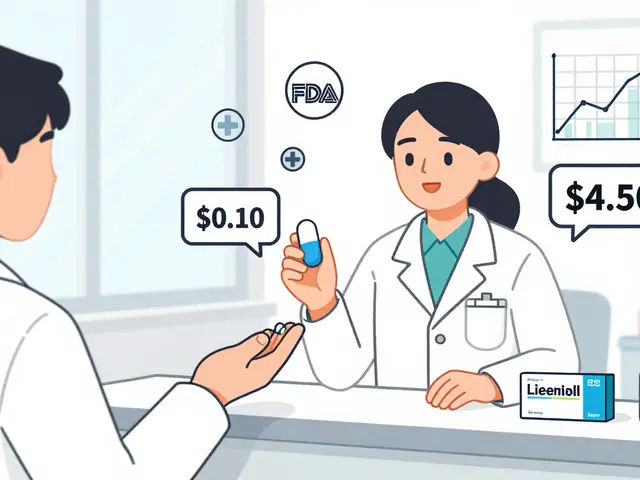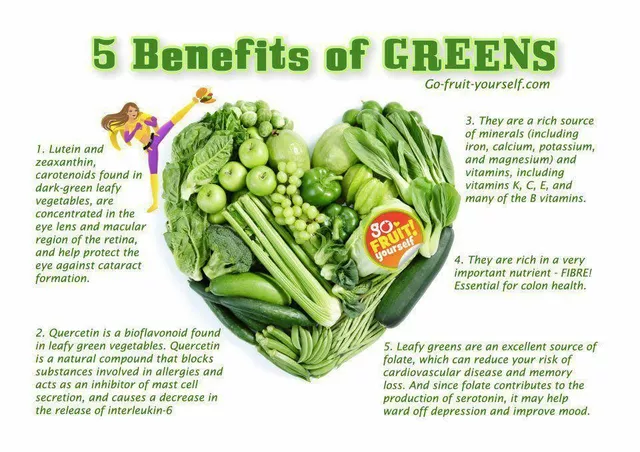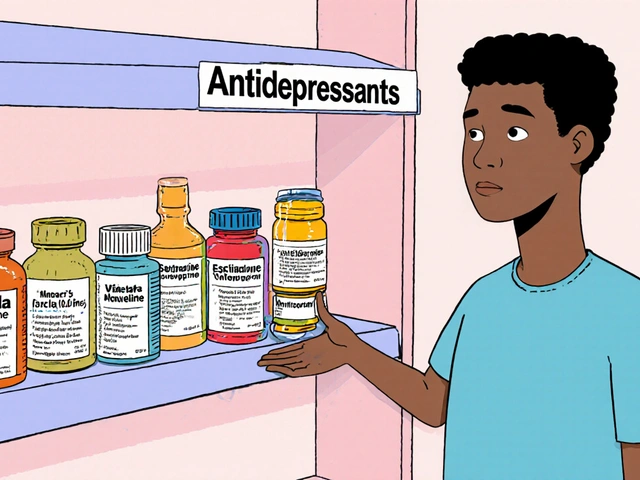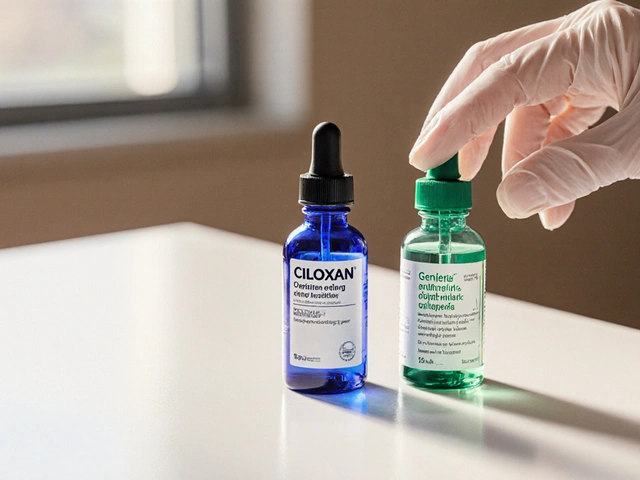Alcohol treatment: practical help, medicines, and next steps
Alcohol can take over your life quietly. The good news: treatment works, and you don’t need to guess your next move. This page gives quick, practical steps for getting safer fast, explains the main medicines used, and points out what to watch for when choosing care.
First steps you can take right now
If you or someone close is drinking more than planned or hiding drinking, start with three simple steps: 1) Ask a doctor about risk and medical needs, 2) avoid sudden heavy cuts without medical advice (withdrawal can be dangerous), and 3) find a local detox or support group for immediate safety. If you see severe tremors, confusion, seizures, or blackouts, get emergency care—those are signs of severe withdrawal.
Thinking about quitting? Set a short-term plan: pick a quit date, tell one trusted person, and remove alcohol from the home. Small changes reduce risk and build confidence fast.
Medicines and treatments that help
Medications can lower cravings and block alcohol’s rewarding effects. Common options include naltrexone (reduces heavy drinking), acamprosate (helps keep you sober once detoxed), and disulfiram (causes unpleasant effects if you drink). For early withdrawal, doctors often use benzodiazepines to prevent seizures, under medical supervision only. Talk to a clinician about which fits your situation—age, other meds, and health conditions matter.
Therapy matters as much as medicines. Cognitive-behavioral therapy (CBT) helps change habits and triggers. Motivational interviewing helps if you’re unsure about change. Peer support—AA, SMART Recovery, or local groups—gives structure and accountability that many people say made the difference.
Treatment can be combined: short medical detox, medication to cut cravings, and therapy or support groups for long-term success. That combo often leads to better results than any single approach.
Worried about costs or privacy? Many clinics offer sliding-scale fees, outpatient programs, and telehealth options. Online resources can help you compare programs, but watch for scams if you buy medications online. Check pharmacy safety guides and ask your doctor before ordering drugs from unfamiliar sites.
Family and friends play a big role. If you’re supporting someone, set boundaries, learn about withdrawal risks, and encourage professional care. Family therapy can repair trust and improve outcomes for everyone.
What to expect: treatment isn’t a single event. Expect ups and downs, adjustments in medication, and time to rebuild routines. Celebrate small wins—days sober, better sleep, clearer thinking. Track progress and revise the plan with your care team.
If you want more detailed help, our site has guides on medications, safe online pharmacies, and how to find local services. Search for 'detox', 'naltrexone', or 'rehab' here at PharmaServe to read step-by-step articles and real-world tips from clinicians and people who’ve been there.
Ready to act? Call your doctor or local health line, or search for nearest detox and outpatient services today. Every step forward matters.

Exploring alternatives to Antabuse can offer more flexibility and options for individuals seeking alcohol treatment. This article reviews nine alternative medications, providing insights into their benefits and drawbacks to help you make an informed choice. Whether it's flexibility in scheduling or FDA approval considerations, these options could be game-changers in managing alcohol dependence effectively.






